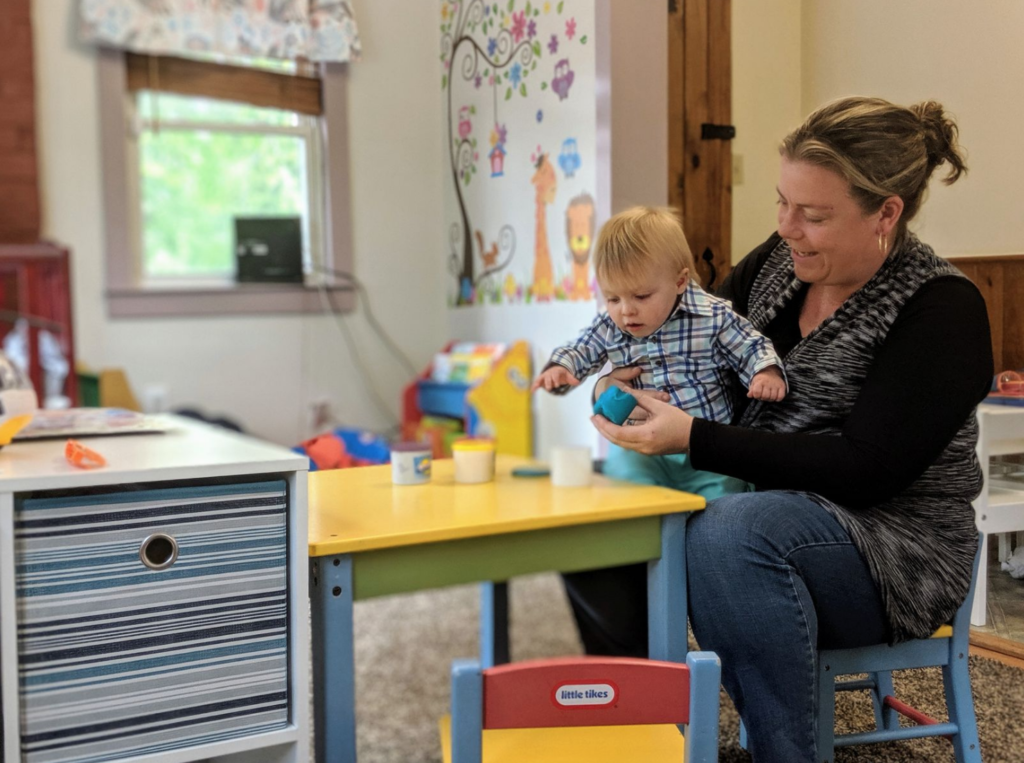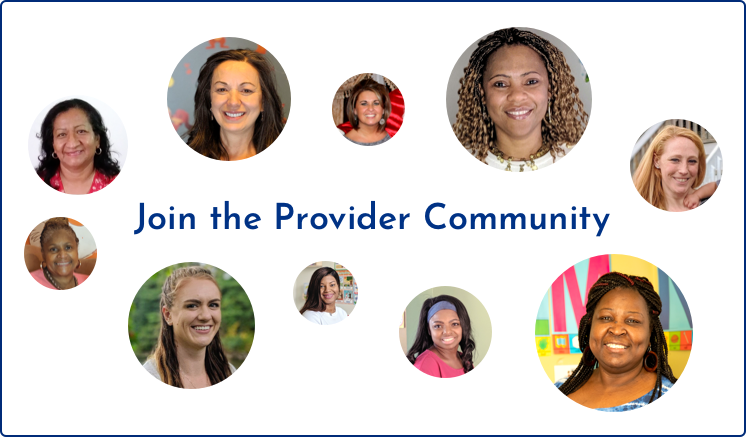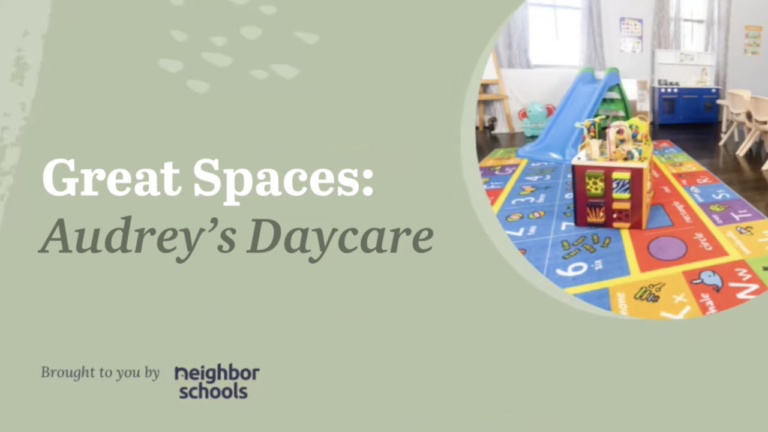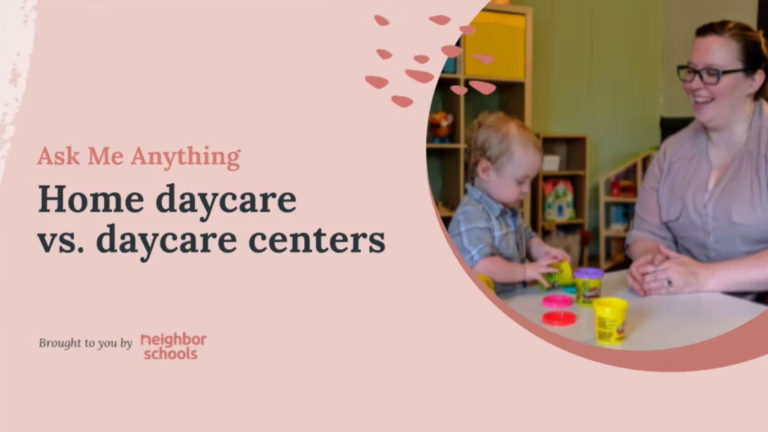When child care across Massachusetts reopens on June 29, the “new normal” might look different for parents and children, but Providers will face the most significant changes. With new drop-off procedures, social distancing requirements, and other adjustments stemming from the COVID-19 pandemic, we are gearing up for a complete overhaul of their day-to-day tasks as we shift our focus to the safety and health of the children in our daycares.
To give insight on how we can tackle this shift, Ms. Sandy, a NeighborSchools Provider in Haverhill, joined WBUR’s Radio Boston to share her concerns and predictions for the new child care landscape. Here are three main takeaways from the conversation:
Families need child care yesterday
“My families are ready to go right now,” Sandy says. “If I said ‘We’re opening up tomorrow, but here are the new rules’ they would comply and be here tomorrow.”
It’s no surprise that families are taking a hit when it comes to today’s lack of child care. With child care only available for the children of essential workers, families are struggling to balance work with providing 24/7 care for their kids.
Parents are growing restless for daycares to reopen. Not only for them to get a reprieve from the juggle, but to give their kids the social interaction they have been deprived of. Sandy says that the socialization factor is huge. A parent who called into the segment echoed the sentiment—young children not only need each other to create close bonds but also learn.
“Children learn from one another because they’re down on the same level,” Sandy explains. “Keeping them away from each other for a significant period of time could have long-term effects when they go off to kindergarten due to not having those social skills.”


Drop-off and pick-up times will look different
So what exactly will the new rules for home daycares be? As of May 25, the EEC still hasn’t released the long-promised health and safety guidelines that will set the stage for our industry’s future. Still, there are already lessons from the emergency care community that we can learn from.
“As an in-home family daycare, family is the key,” Sandy emphasized. “We really are a giant family here, but we’re going to have to slow down these close interactions to keep everyone safe.”
Sandy says that before the pandemic, these moments were a chance to share a sense of community. The children in her daycare loved to greet the families of the other children in their program. When daycares reopen, that will have to change. Parents and guardians will not be allowed into the home to lower the risk of spreading COVID-19. Though this will be a significant change in the daycare’s culture, Sandy knows that her families will still find a way to be close-knit—even if it has to be from a distance.
PPE and social distancing might be necessary, but tough for little ones
A loving and nurturing environment is essential for a thriving child care program. How are we expected to maintain this when PPE and social distancing are required? It will be tough when we have to wear masks that hide our reassuring smiles. Giving a soothing hug to calm an upset child? That probably won’t be allowed.
Other experts featured in the segment, including Amy O’Leary, director of Early Education for All, offered creative ideas to make these new barriers less scary. Some helpful suggestions included creating name tags with photos on them to put on masks, starting to hold storytime over a video call while wearing a mask to help them get used to the sight, and having kids decorate their masks. These small efforts might be a great way to make the transition a bit easier on the little ones.
But it is this type of dedication and love that we Providers have for children and their families that drives home a resounding message—child care is essential to a functioning society. Without Providers, parents wouldn’t be able to work, and children wouldn’t be able to grow. As restrictions ease and employees begin to return to the workplace or settle into a new working from home routine, it is evident that child care will be the key to bringing our economy back on its feet.
Listen to the full segment by hitting the play button below.
Want to connect with the Provider community?
We’re hosting weekly video chats with Providers across Massachusetts as we get ready to reopen daycare doors on June 29.
Get on the invite list by signing up here.






